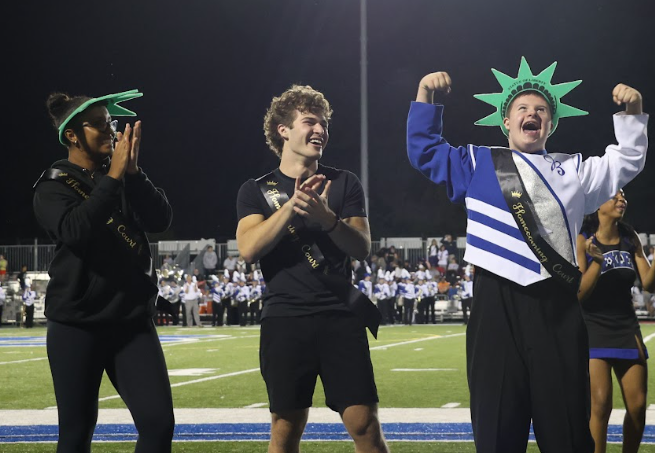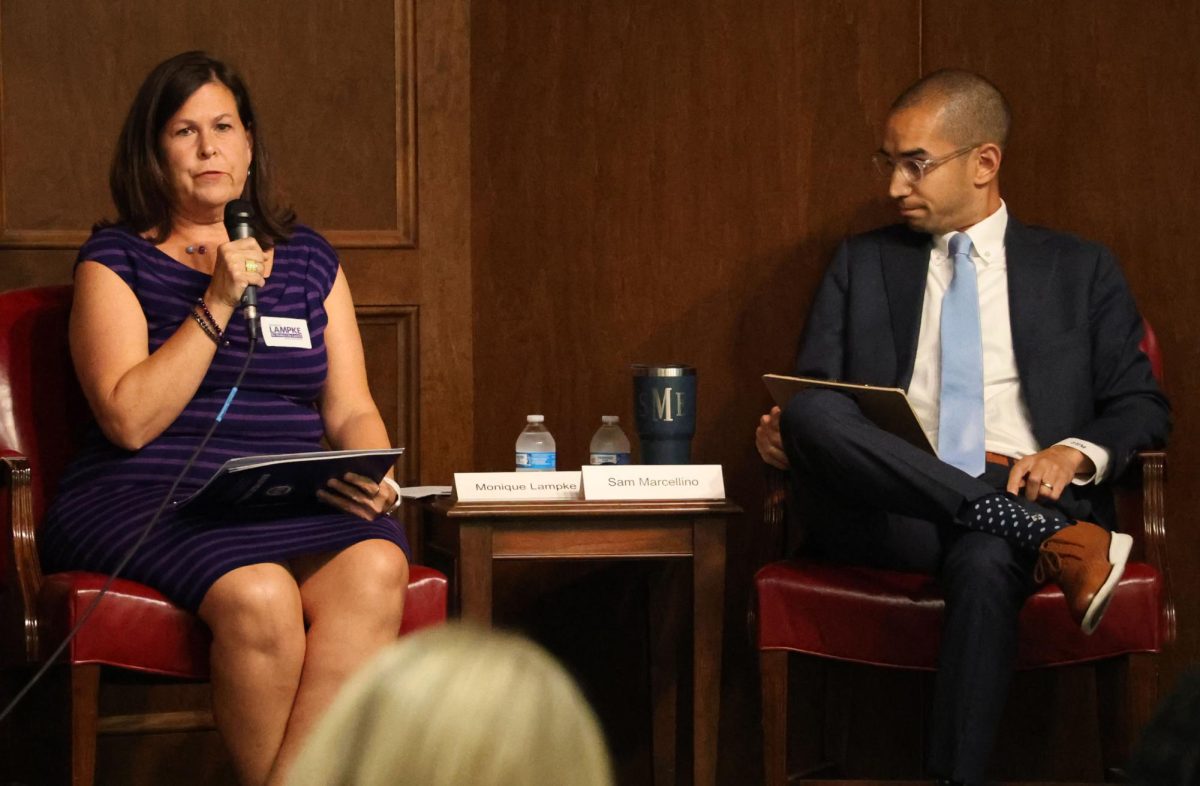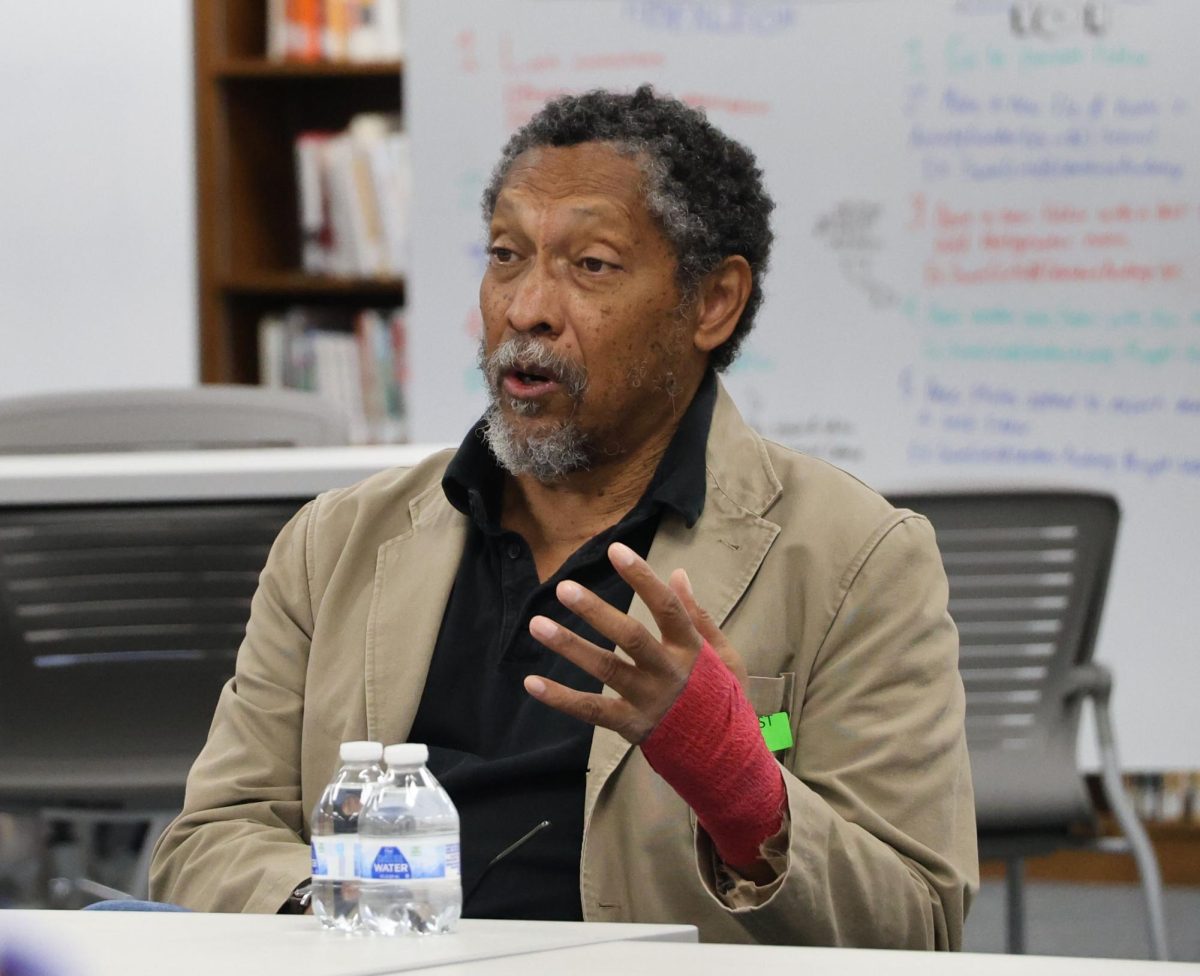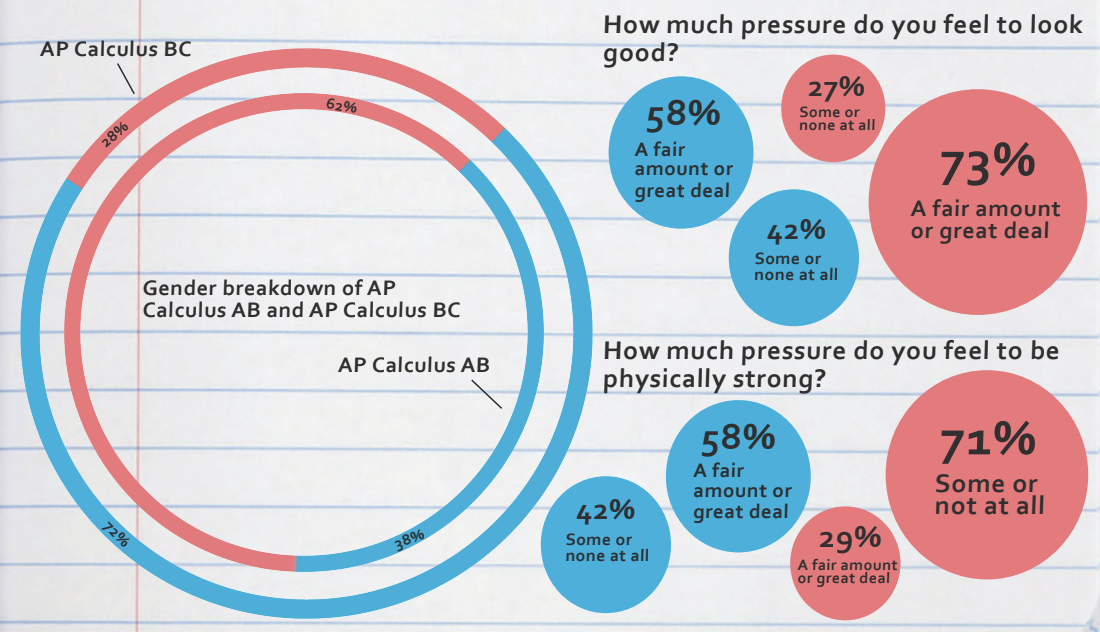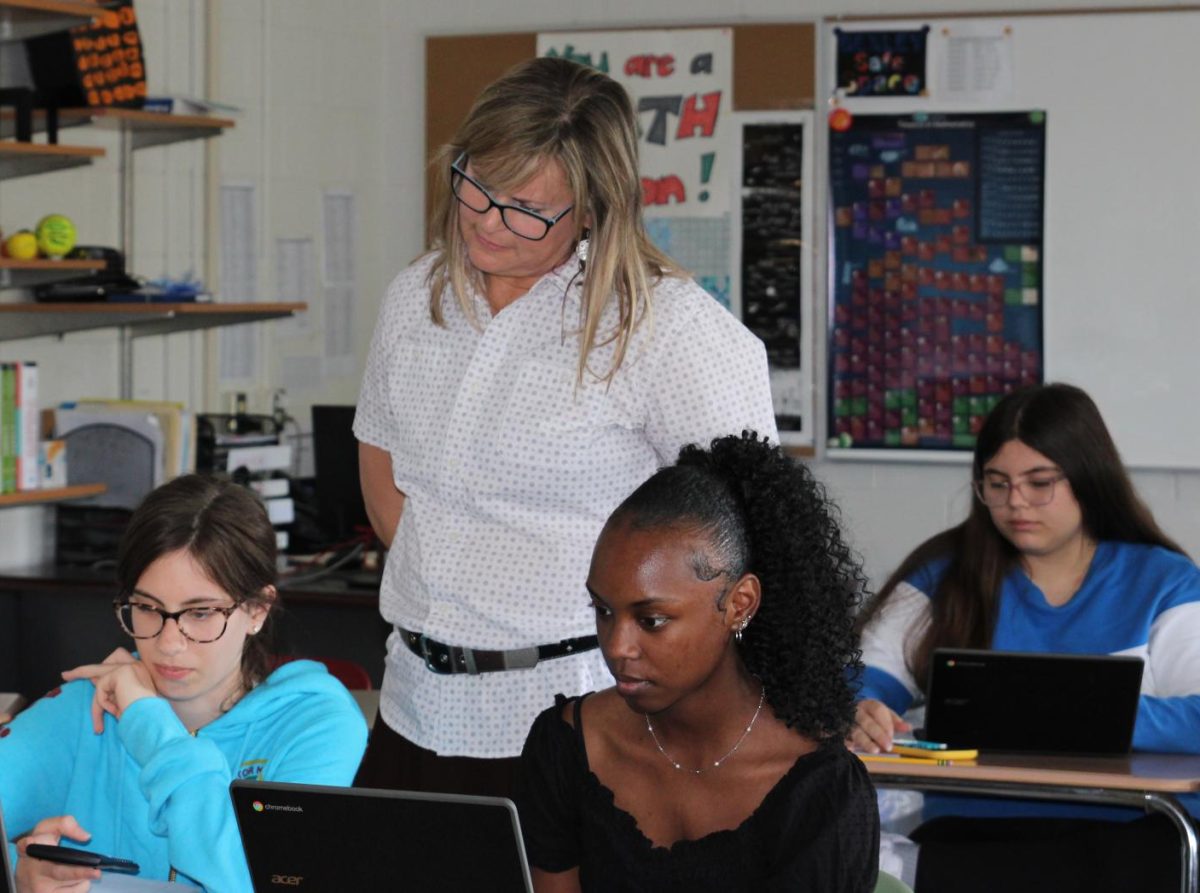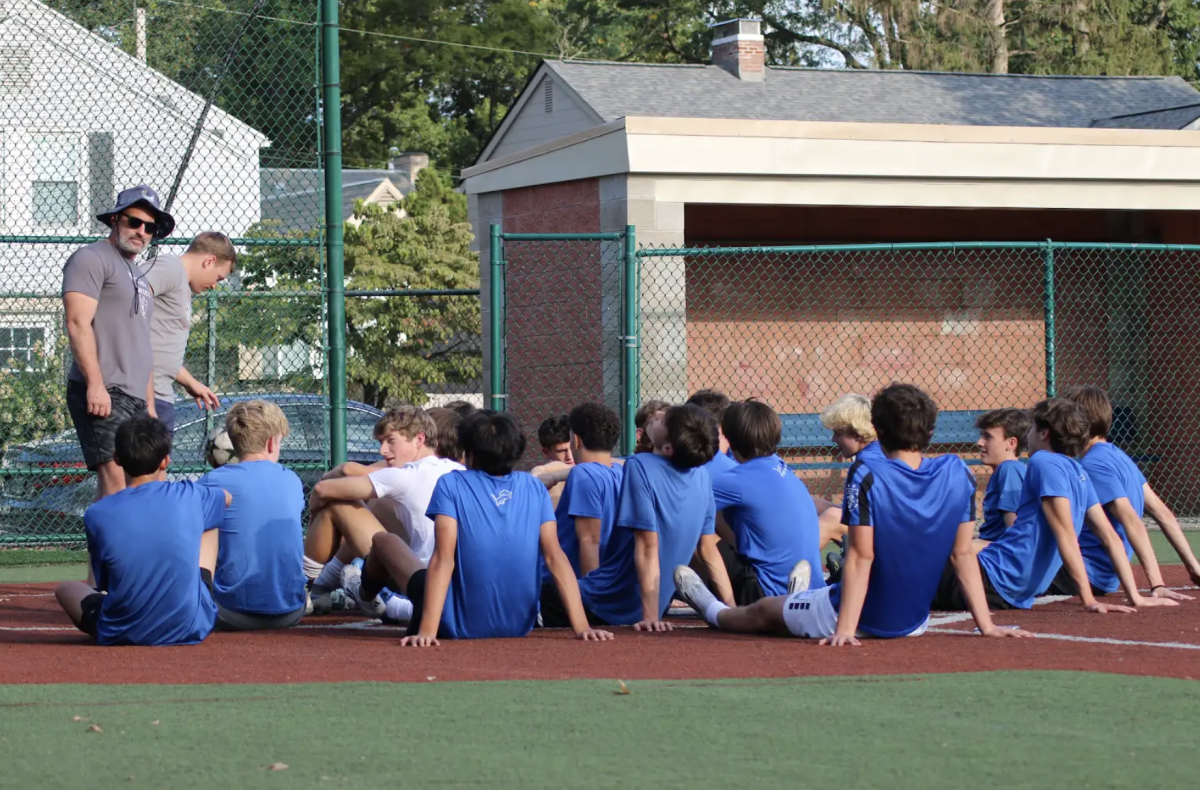The recent sharing of a “list” ranking senior girls based on appearance via social media garnered large outcry and debate from both the students and the community. In response, the administration held meetings with the senior girls to offer counseling, invited a speaker to discuss Internet safety and held a lunchtime meeting to discuss the critical response to the speaker.
While the district’s initial effort to meet with senior girls was effective in comforting them and hearing their thoughts on how the situation should be handled, the school did not adequately take suggestions from the meeting, and their choice of speaker was an inappropriate response to address the list.
The school offered two opportunities for senior girls to meet with administrators and counselors for support. The first was at the end of seventh period Thursday, April 22 and the second was before school Friday, April 23. The initial meeting was meant for the school to inform the girls that they were there to support them, and the follow-up meeting allowed the girls to speak with female teachers and counselors about how the situation had affected them and what they thought important next steps should be.
During the second meeting, female students had the opportunity to talk with administration about their suggested course of action, including meetings with male students led by male teachers about the impacts of the list, a formal apology by the boys who made the list, and informing the teachers of the situation. While the intention of trying to make the girls feel like they were being heard was a step in the right direction for administration, it is almost pointless if the changes discussed are not actually taken. Most of the ideas proposed are not hard to accomplish and among the suggestions made, no one said that they thought that the circumstances surrounding the list were a result of online safety or social media.
Following the meetings with the girls, administration invited Internet safety speaker Jesse Weinberger to give presentations addressing recent social media incidents and how students can respond when they see potentially harmful activity online. Weinberger gave four presentations for each grade going from seniors, to freshmen, to sophomores, and to juniors. Besides a letter that had been released, these assemblies were the first way that the issue was formally introduced to students, and Weinberger came into the presentations purposely uninformed about the situation.
Furthermore, the focus of her presentation was Internet safety and the dangers of social media, which are not the issues that led to the creation of the list or the issues that senior girls asked to address in previous meetings held by administration. Not only did it not focus on the right issues, but it also caused distress to several senior girls in the audience and received a lackluster response from the majority of the senior class when asked if they found the assembly helpful by both the presenter and the administration. Since the administration saw how ineffective the presentation was for the first group, they should have stopped the following grades from having to sit through the meeting.
The school had gathered input from senior girls, the group most affected by the list, that they should have acted on. It was necessary that teachers were informed of the situation before interacting with students so that they could know how it would affect their classroom and better support students. Furthermore, female students also asked that male students have a discussion with male teachers about the list, so that they could understand how harmful something like this is. Finally, the girls wanted a formal apology from the boys who made the list. While it makes sense for the boys to not return to school and miss out on important senior activities, it still does not show that they have any remorse for their actions and does not make them fully face the consequences for making the list.
Schools outside the U.S. have also made efforts to address sexism and have seen better results. According to the London School of Economics and Political Science, schools in Kenya held consent classes, in which female students were taught the importance of consent and self defense, and male students were trained to change their perspectives on gender and given lessons on “positive masculinity.” After the sessions, the schools involved reported a 50 percent reduction in sexual harassment reports, and participants reported a change in ideas about socially-embedded stereotypes. Classes that are meant to decrease gender discrimination among peers, like consent classes, would have better addressed the underlying issues of misogyny that led to the creation of the list than an assembly about social media.
Recent events in the district have brought to light the misogyny that is rarely discussed in the community. While the school made a good initial attempt to address the problem by consulting with the senior girls, their following actions were not an appropriate response to the situation. They both chose to focus on social media rather than sexism and made no visible attempt to follow up with the suggestions made by female students during meetings. Any further steps taken by the school should be in an attempt to address the underlying misogyny in the school and community and to empower female voices that they have ignored since the meetings.

